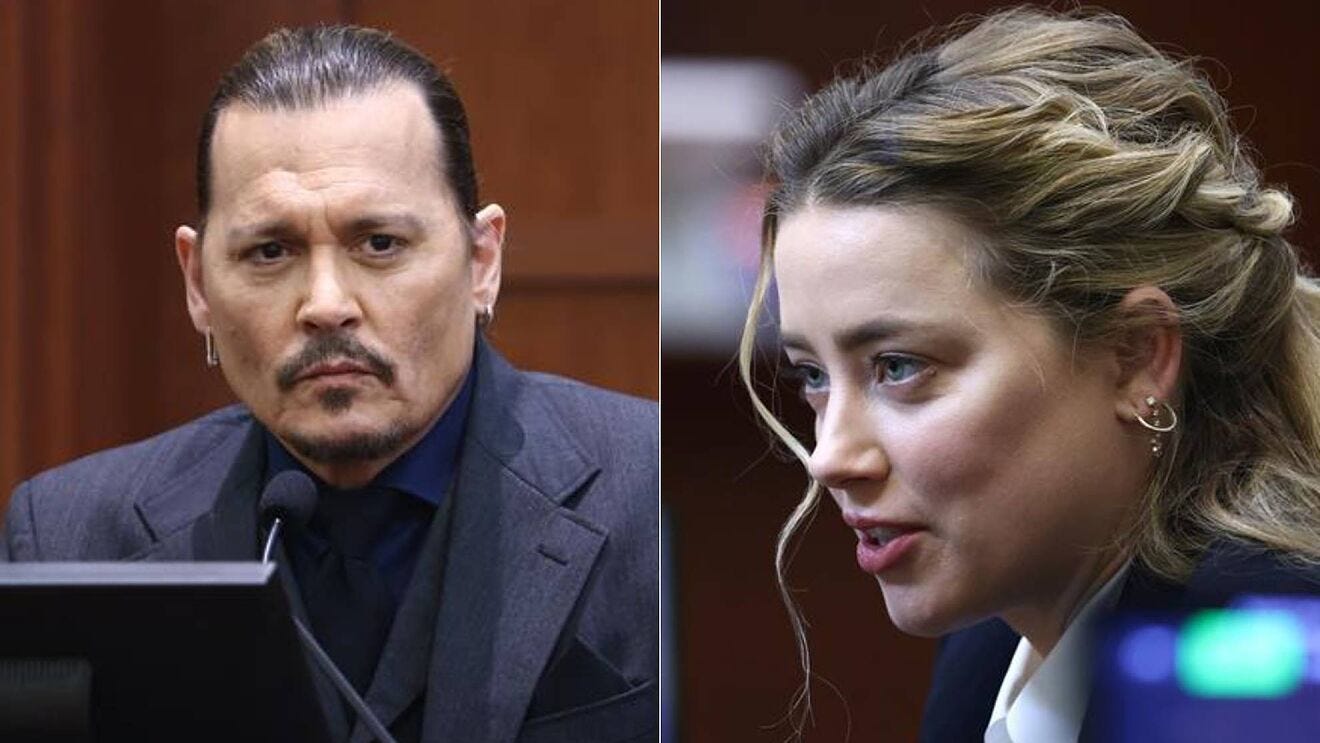At my work, we have these “Employee Resource Groups.” It’s like the grown up version of high school clubs. Even as adults, we find affirmation of our identities through our age, our ethnicity, our gender, our sexual orientation, our disabilities, and our beliefs— all of which (and more) have active communities. Neurodivergence is one of the newer ones (in fact, the editor I’m typing in doesn’t seem to recognize neurodivergence as a word). Aspects of neurodivergence, such as ADHD and dyslexia, have always had more of a public representation (in my opinion), but in the last few months, there’s been an increase of media attention on lives of people recovering from childhood trauma.
I found myself relating to these stories in ways that I’d never connected before (light SPOILERS for Eternals and Moon Knight):
Thena from Marvel’s Eternals - She has a condition called Mahd Wy'ry, which seems to result from having lived out so many lives, all collapsing into one. I could relate to the feeling of going through so much that you lose sense of who you are over all those lifetimes.
Moon Knight from the Marvel Series - “Steven Grant discovers he has dissociative identity disorder and shares a body with mercenary Marc Spector.” I could relate to the escape of lesser circumstances through re-imagining yourself as a hero as Moon Knight had.
Johnny Depp and Amber Heard, public trial - As basic as it might’ve been to be following this spectacle, the trial depicted two very successful actors being publicly scrutinized for all their childhood traumas. What was most enlightening was the commentary that went along with their examples from experts like Dr. Honda. I learned a lot about responses to trauma and how that might show up in my life.
While I don’t have Mahd Wy'ry or dissociative identity disorder (DID), I would like a world where there were more spaces to process the challenges we’ve had to overcome (not just with a therapist).
About a year ago, I took a training with Dave Gibbons for a leadership consultation. I never thought of my pain as a gift. Prior to that, the only other examples I’d seen was an interactive piece by Vox on how colleges discriminate against poor students (by, among other things, not allowing visibility for the challenges they’d endured).

Unrelated to current events, I started watching Eastern superhero movies (to take my mind off of how much longer Loki Season 2 and other Marvel stories will premier). These Chinese superheroes were not like the burned-out Avengers (eating shawarma) that I was so used to seeing. They wore their trials as a badge of honor, power, and maturity. During times of great tension, they would play chess or go fishing (with a refreshing calmness).
Here are the resources I’ve been looking into:
Dr. Honda’s podcast on the Johnny Depp case has been enlightening.
Dr. Gabor Mate has been doing some really interesting work on attention, addiction, and trauma.
r/CPTSD and any general readings on the “new” flavor of PTSD. Complex-PTSD is probably not new, but I find it comforting to find people discussing how our childhood traumas manifest in the present.
I’d never linked ADHD with trauma before, but I found great resources and people through ADDCA that opened up the world of Neurodivergence.
Thanks for reading! I’m still figuring out my public writing strategy (as I’ve moved away from Facebook and Instagram). Here’s where else you can find me:
Twitter: ffpaladin - with a focus on ML/AI work
YouTube: squirbles - squirrels 🐿 (literally)
Other Substacks:
sherol.substack.com - if you want fewer posts with just the updates
expressive.substack.com - WIP of ML/AI posts
heaven.substack.com - Christian stuff
sherol.org - my homepage (WIP)










